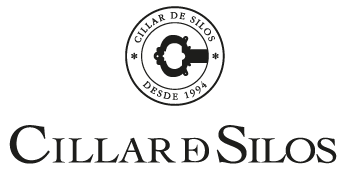first stageTasting the grapes
The quality of the grapes determines the quality of the wine more than any other factor. Grape quality is affected by variety as well as weather during the growing season, soil minerals and acidity, time of harvest, and pruning method.

second stageHarvesting
Harvest is the picking of the grapes and in many ways the first step in wine production. Grapes are either harvested mechanically or by hand. The decision to harvest grapes is typically made by the winemaker and informed by the level of sugar (called °Brix), acid (TA or Titratable Acidity as expressed by tartaric acid equivalents) and pH of the grapes.

third stageCrushing
Crushing is the process when gently squeezing the berries and breaking the skins to start to liberate the contents of the berries. Destemming is the process of removing the grapes from the rachis (the stem which holds the grapes). In traditional and smaller-scale wine making, the harvested grapes are sometimes crushed by trampling them barefoot or by the use of inexpensive small scale crushers.

fourth stageFermentation
Malolactic fermentation occurs when lactic acid bacteria metabolize malic acid and produce lactic acid and carbon dioxide. This is carried out either as an intentional procedure in which specially cultivated strains of such bacteria are introduced into the maturing wine, or it can happen by chance if uncultivated lactic acid bacteria are present.

fifth stageFiltration
Filtration in winemaking is used to accomplish two objectives, clarification and microbial stabilization. In clarification, large particles that affect the visual appearance of the wine are removed. In microbial stabilization, organisms that affect the stability of the wine are removed therefore reducing the likelihood of re-fermentation or spoilage.

sixth stageBottling
A final dose of sulfite is added to help preserve the wine and prevent unwanted fermentation in the bottle. The wine bottles then are traditionally sealed with a cork, although alternative wine closures such as synthetic corks and screwcaps, which are less subject to cork taint, are becoming increasingly popular. The final step is adding a capsule to the top of the bottle which is then heated for a tight seal.

